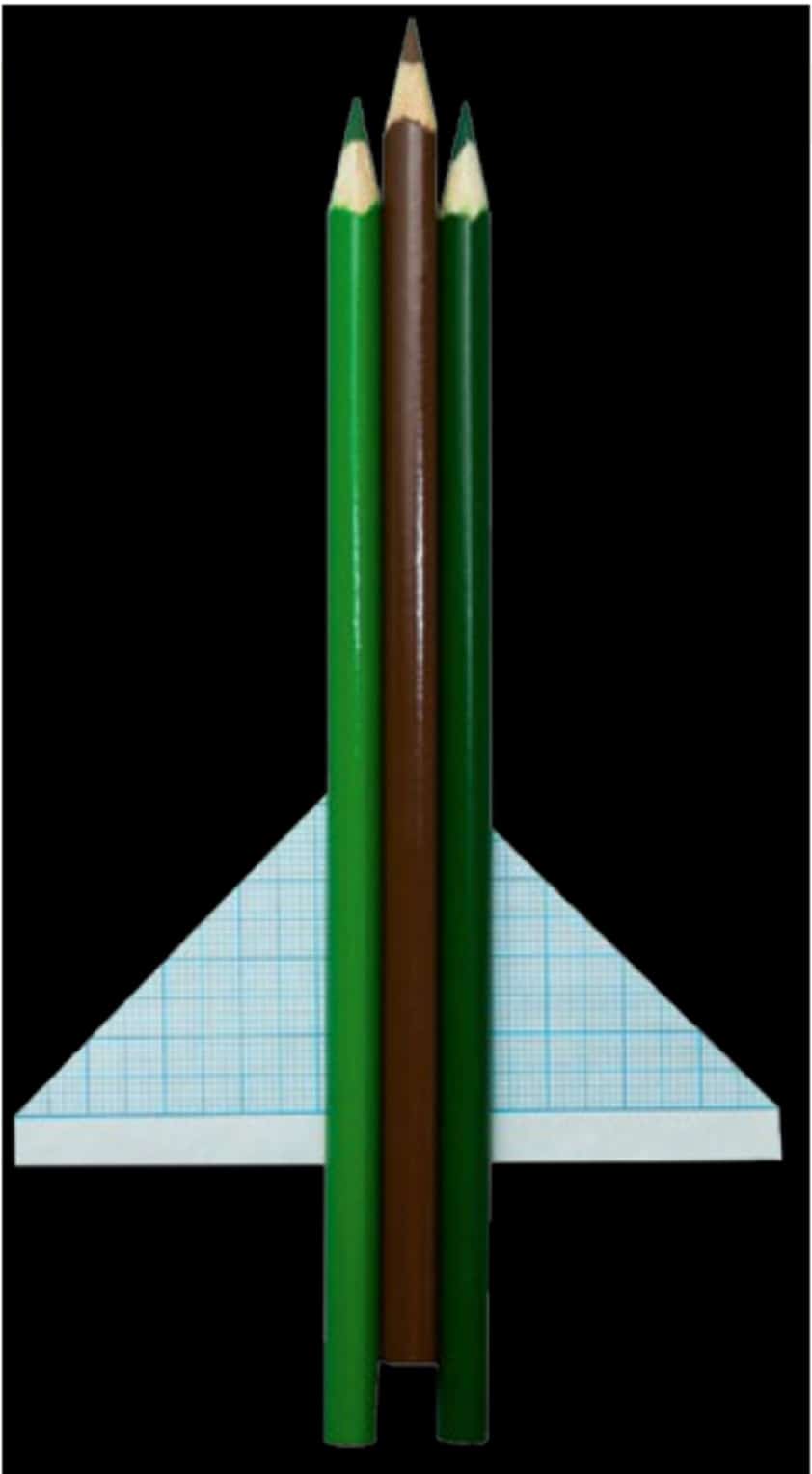You can't have one without the other
Modern quality management is only possible if everyone involved participates. This is why it is also an essential component of strategic procurement management.

Professional procurement has a lot to do with quality management. Once a company has decided on a supplier, it takes a certain risk with regard to the quality of the goods, but also with regard to adherence to delivery dates. Experience has shown all too often that a quality problem can lead to delivery problems. And delivery problems not only cost the client nerves, but also time and money. If adherence to delivery dates carries more weight than quality concerns, whether on the supplier or client side, there is a great risk that only superficial symptom control will take place instead of getting to the root cause of the defect - and rectifying it.
Quality management is risk management
The higher the proportion of procurement on the client side, the more vital modern and comprehensive supplier quality management becomes. It is worth investing time and money here. This must start with the evaluation of suppliers. As a client, you want to be sure that the selected partner is not only willing but also able to deliver reliably. This is precisely why candidates should undergo an initial audit before the contract is signed.
Once the decision has been made in favor of a supplier partner, detailed agreements regarding quality assurance and the procedure in the event of deviations should always be an integral part of the contract. It is advisable to check on an ongoing basis whether what is being offered still meets expectations. Systematic and recurring quality controls, starting with the product creation and ending with the finished sample part, ensure this. The client prefers to work with quality guidelines and framework agreements in which all neuralgic points are listed - and regulated. Those who track the most important agreed key figures with reports, preferably in real time, in order to be able to intervene quickly if necessary, are also doing well.
Quality development at and together with suppliers, for example through workshops, contributes to minimizing or, wherever possible, eliminating own risks. Successful supplier development, especially within the company, does not start from the procurement side alone. It requires good networking with the professionals from technology and product management and any other interfaces that are important for purchasing managers. If companies want to not only maintain but also expand their competitiveness, it is essential to develop, implement and also maintain a holistic, effective and efficient quality management across the entire supply chain. In times of increasing digital networking, this should no longer be considered a luxury.
Procurement strategy as a basis
Volatile markets, international political and economic crises as well as complex, global supplier networks pose new challenges for purchasing and procurement - and thus also for quality management. And purchasing today makes a significant contribution to quality assurance.
In recent years, purchasing managers have developed in the direction of the "egg-laying wool-milk sow". They no longer just negotiate optimal conditions, but also review organizations, processes and systems in order to identify unused opportunities for additional optimizations in the supply chain. Up-to-date and in-depth knowledge of technology, logistics, quality, innovation and financial management is required. Developments in information and communication technology in recent years now make it possible to integrate practically all company activities and key figures relevant to procurement managers into their own process management. Purchasing managers are also quality managers.
The results of the study "Employee and Salary Development in Purchasing" (www.procure.ch/Sala-erstudie) conducted in fall 2017 by ETH Zurich and the professional association procu-re.ch for the second time since 2014 confirm that skills in the field of ICT are becoming increasingly important for purchasing professionals. 96 percent of respondents agree with this. Robotics, big data analytics, machine learning, blockchain, 3D printing and the Internet of Things are not just buzzwords that are currently on everyone's lips. Technological change is also manifesting itself in purchasing and is therefore also having an impact on quality management.
There is no way around purchasing
A carefully developed procurement strategy forms the foundation for measures in the area of supplier quality management. On this basis, it can be specifically developed, optimized and applied where the benefits are greatest. However, purchasing can only generate the greatest possible benefit if all procurement processes are handled centrally without exception. This in turn requires purchasing to be involved in the decision-making processes at an early stage wherever it is a stakeholder. In order to achieve such close cooperation, all stakeholders involved, especially the internal interfaces, must be aware of the value contribution of central purchasing.
Higher vocational training as the silver bullet
The further training of your own purchasing team, especially in the area of quality management, is an investment in your own competitiveness in the long term. The national professional association for purchasing and supply management, procure.ch, has therefore developed the "Supplier Quality Management" course together with SAQ-Qualicon. This has been making a valuable contribution to better networking and collaboration since 2014. Ideal for managers and specialists who want to strategically improve supplier quality and reduce supplier risks.









